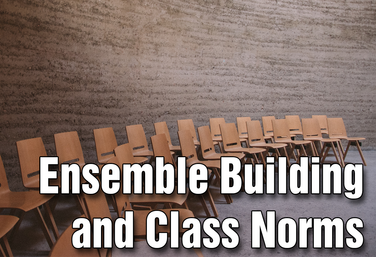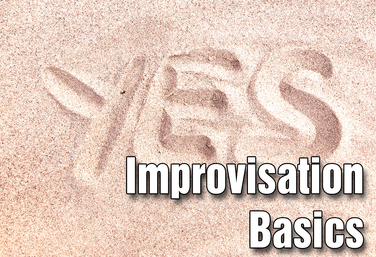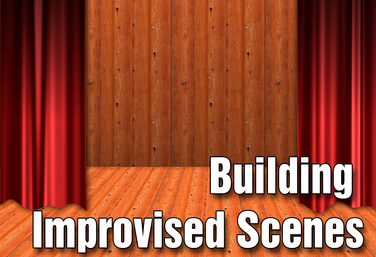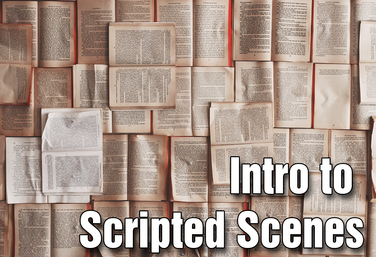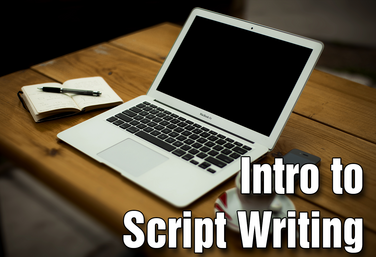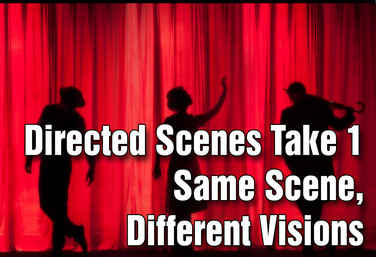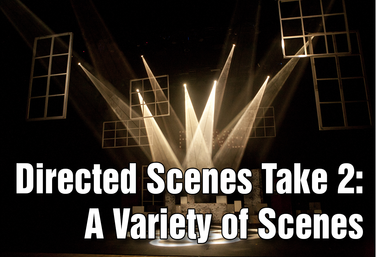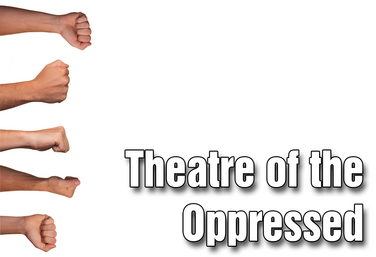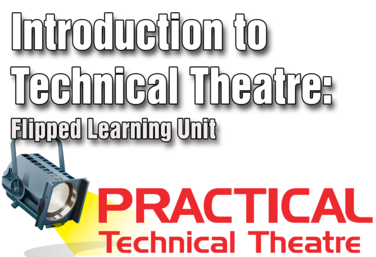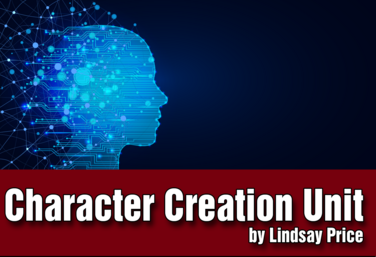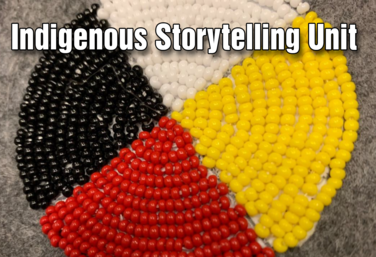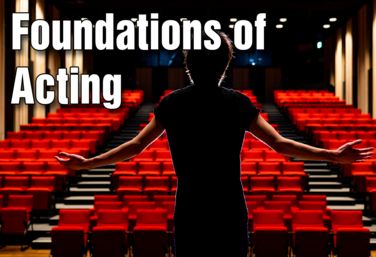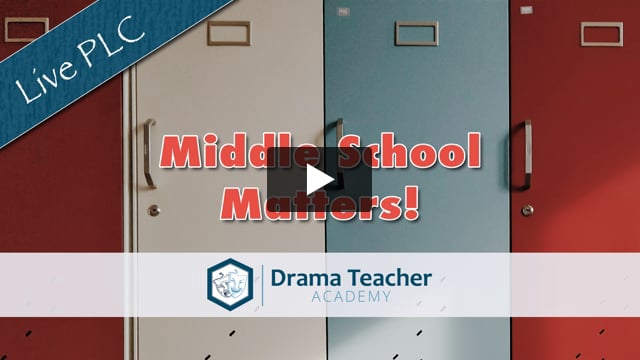Items tagged "Middle School Friendly"
31 Units, 1 Lesson Plan, and 1 PLC tagged "Middle School Friendly" for Drama Teachers.
Curriculum
Technical Theatre Mini Units
by Josh Hatt
Middle School
by Lindsay Johnson
Units
Improv
by Anna Porter
Ancient Greek Theatre
by Lindsay Price
Pantomime
by Angel Borths
What is Theatre?
by Karen Loftus
Stage Movement
by Karen Loftus
Pantomime
by Karen Loftus
Voice
by Karen Loftus
Ancient Greek Theatre
by Karen Loftus
Mock Audition
by Lindsay Price
Monologue Writing Made Easy
by Matthew Banaszynski
Voice
by Anna Porter
Puppetry
by Jenny Goodfellow
Agatha Rex and Ancient Greek Theatre
by Angel Borths
Pantomime
by Anna Porter
Tools of Scene Work
by Anna Porter
Playwriting Unit: Beginner
by Lindsay Price
Theatrical Arguments: Pursuing Objectives, Communication, and Conflict
by Rachel Atkins
Middle School Curriculum: Overview
by Lindsay Johnson
Unit One: Ensemble Building and Class Norms
by Lindsay Johnson
Unit Two: Improvisation Basics
by Lindsay Johnson
Unit Three: Building Improvised Scenes
by Lindsay Johnson
Unit Four: Intro to Scripted Scenes
by Lindsay Johnson
Unit Five: Intro to Script Writing
by Lindsay Johnson
Unit Six: Directed Scenes Take 1: Same Scene, Different Visions
by Lindsay Johnson
Unit Seven: Directed Scenes Take 2: A Variety of Scenes
by Lindsay Johnson
Unit Eight: Theatre of the Oppressed
by Lindsay Johnson
Introduction to Technical Theatre: Flipped Learning
by Lindsay Price
Character Creation: Superhero Series: Multi platform
by Lindsay Price and Kerry Hishon
Indigenous Storytelling Unit
by Allison Green
Foundations of Acting
by Annie Dragoo
Spoken Word Poetry
by Quincy Young
Lesson Plans
01 - Emergency Lesson Plans: Middle School Drama Class Task Sheets
by Drama Teacher Academy
PLCs
Middle School Matters!
Hosted by Matt Webster, Lindsay Price, Lindsay Johnson, Marisa Brady
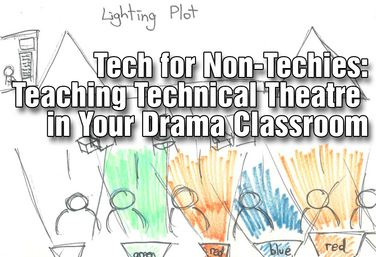
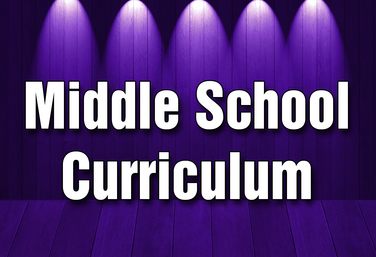
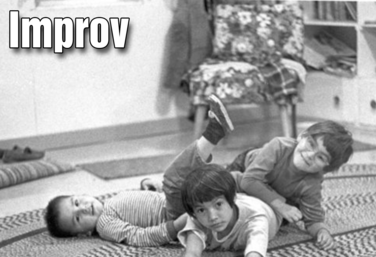
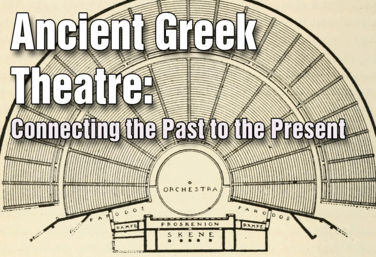
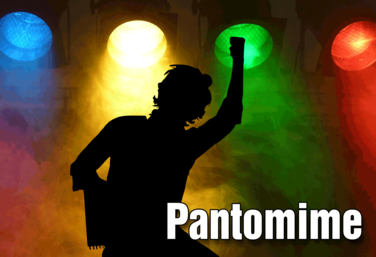

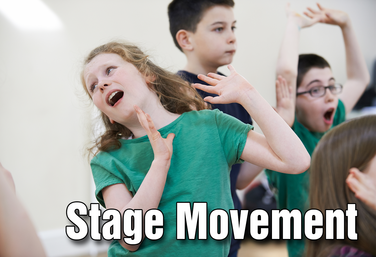


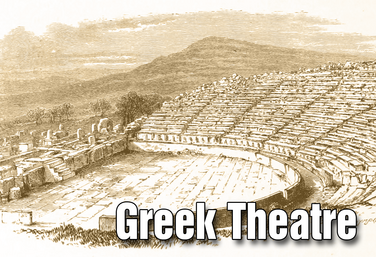
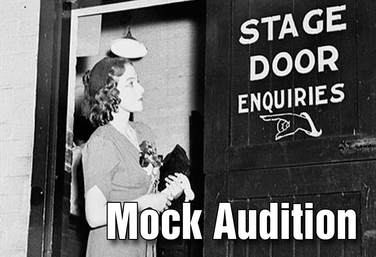

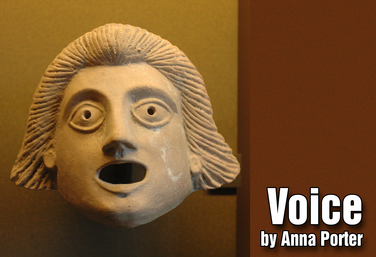
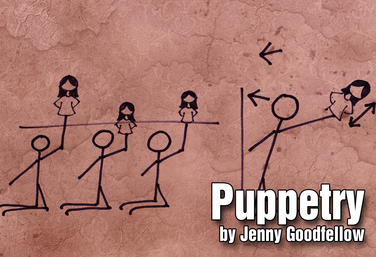
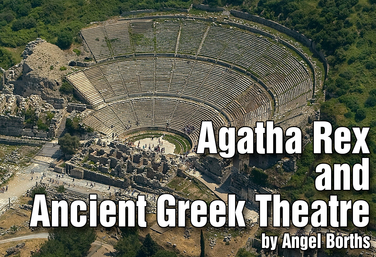

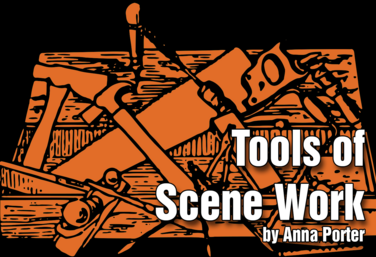
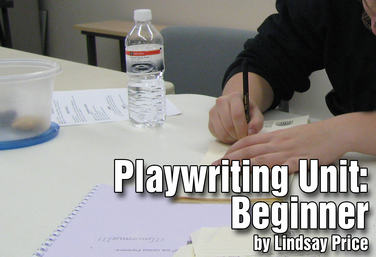
.png)
